Irene tops ‘100 Women in Shipping’ list: “I would be prouder to be the number one person in the shipping industry”

Irene Rosberg speaks to her graduating class of 2017 at Ovnhallen in the summer of 2017. (Photo: Anne M. Lykkegaard)
Every year, the media allaboutshipping.co.uk honors 100 women in shipping. This year, Program Director of the Blue MBA at CBS, Irene Rosberg tops the list. But she would rather that merit comes before gender. Is the shipping industry moving ahead or still anchored in traditions and old-fashioned opinions?
It was not a part of the planned interview, but when Irene Rosberg appears on Teams, I cannot help myself.
Being a recognized and knowledgeable professional in the shipping industry, as well as the Program Director of the Executive MBA in Shipping and Logistics (The Blue MBA), she ought to have an opinion about the situation after the humongous cargo ship, Evergiven, ran aground and blocked the Suez Canal for six days before continuing its voyage.
Irene Rosberg laughs, picks up her phone and shows me a meme on Microsoft Teams.
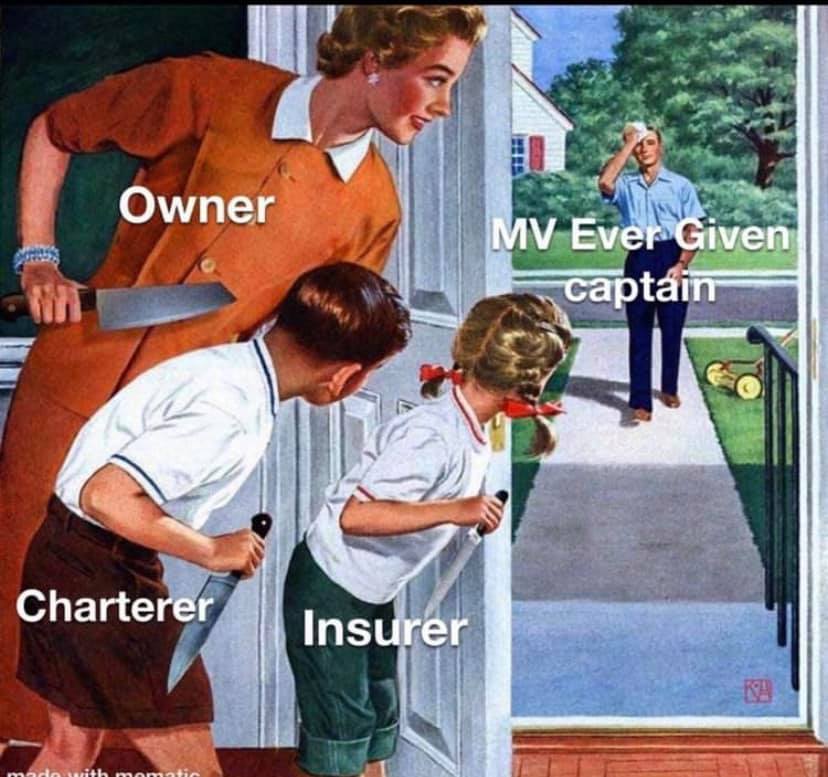
“It was a serious business, really. You had hundreds of vessels congested, waiting in the que to move on and get through. The impact of the blackage was very significant and we will probably look at number of weeks if not longer to get over this disruption. There will be items which will be in short supply on the shelves in the shops because of this blockage,” she says with a graver voice.
But the consequences of Evergiven blocking the Suez Canal are not the intended topic of conversation for this interview.
Irene Rosberg has been awarded a top placement in their Top Women in Shipping list 2020 by the British shipping newspaper allaboutshipping.co.uk. In total, the company has ranked 100 women within the industry, and last year, Irene Rosberg came second.
“Last time, I didn’t even know I had been nominated, and this time I was number one. And sure, it is rewarding to get recognized,” she says and continues:
“But I would be prouder to be the number one person in the shipping industry. That would have been a different matter.”
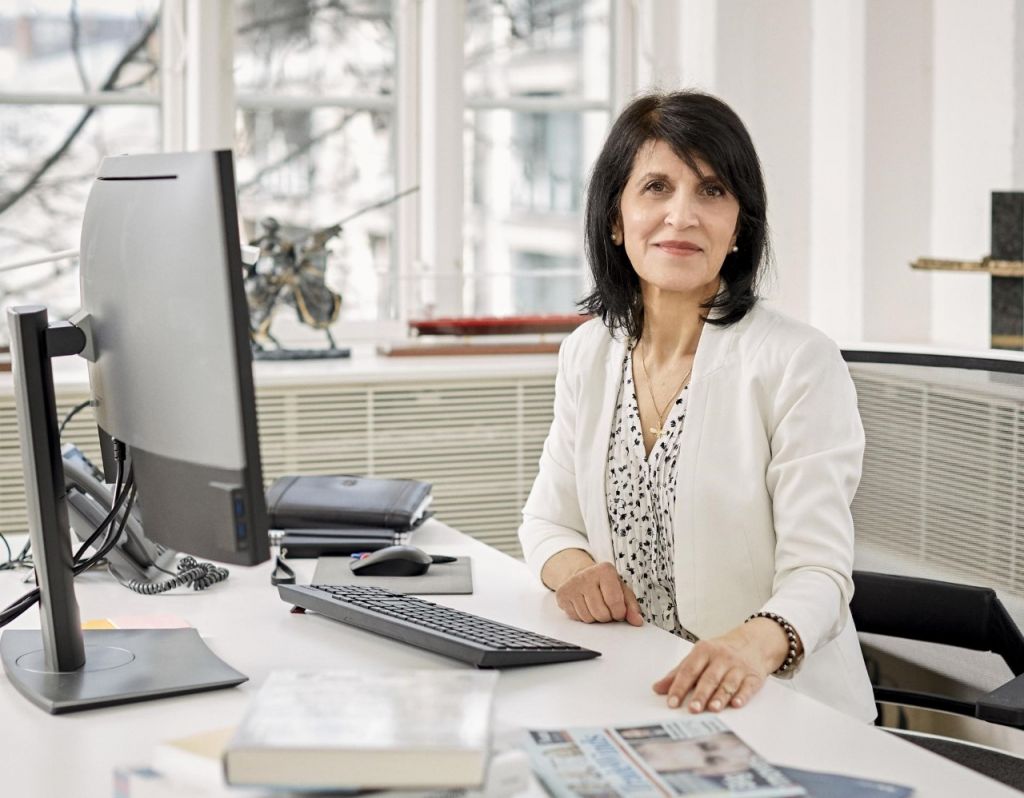
Irene Rosberg, the Program Director of the Blue MBA, tops the ‘100 women in Shipping’ list, but would rather that merits were over gender. (Photo: Thomas Lekdorf)
Irene Rosberg explains that the news article announcing the ranking got more than 14,000 hits.
“It is a male-dominated industry, and this makes news, apparently,” she says and continues:
“But when I look at myself, I reached this point in my career with support from male and female colleagues alike. I don’t look at myself in terms of gender, but as a professional in this industry who happens to be a woman. That is my departure point.”
Sailing away from traditions
Last time I talked to Irene was in the summer of 2017 when her Blue MBA Class graduated. Back then, we also discussed the gender imbalance. Four out of the 43 graduates of the Blue MBA were women. This year, the current class has nine female members. They expect to graduate in summer of this year, after successfully completing the program.
“When I look at the shipping industry today, I see have many qualified and motivated women who aspire to make a career in this industry and should be given the opportunity to do so. Considering these women for top positions should not be merely to satisfy some sort of gender statistics, but they should be given the opportunity based on their merits because, in my opinion, they have what it takes to shatter the glass ceiling,” she says.
My advice to women in the industry is to aim for the stars, aspire to have a top career, don’t just settle for a job
Irene Rosberg
Irene Rosberg explains that, in many ways, the shipping industry has opened up and changed ways of doing things. For example, people in management positions no longer necessarily require a background as seafarers.
“In the past, manye of those who moved up the ladder and took management positions within the industry were former seafarers. If this would still be the case, women, who make up only 2 % of the seafarers, would not have much of a chance,” she says and continues:
“However, the landscape has changed and there are other skill sets required for top positions in the shipping industry which has offered women a much more even playing field. A very positive development indeed.
Even though women are taking up management positions and becoming captains as well, however, old habits die hard.
“We have to accept that the shipping industry remains a male-dominated industry and there will always be an unconscious bias, and that is where we need to work on making sure the gender gap becomes smaller and smaller. This is, of course, a cultural issue. At the same time, my advice to women in the industry is to aim for the stars, aspire to have a top career, don’t just settle for a job. The industry is very responsive and will come through, but you need to go for it as it takes two to tango,” she says.
COVID-19 made ripples in the water
It is difficult not to talk about how COVID-19 has affected the shipping industry when talking to Irene Rosberg. In many ways, she thinks the situation was a wakeup call for the industry, and it could potentially benefit women in the long run.
“Shipping was hard hit. In the beginning, the ship owners could not change their crews. I interviewed a female captain who was onboard for about 10 months straight, as they were not allowed to get off the ship in ports. And obviously, these kinds of situations have to be looked into if a pandemic strikes again,” she says.
Although parts of the industry were cut off guard and had a set-back, others experienced a boost in a digital direction during the pandemic, according to Irene Rosberg.
“Digitalization has been around for a long time, but the shipping industry has not exactly been quick to seize the opportunities. What the pandemic did was to accelerate digitalization, and in a year, we have become more digitalized than we would have dreamt of being in ten years,” she says and mentions that the supply chain management, classification societies and port operations experienced substantial investments in digitalization.
“This has also opened a door for those tech-savvy female colleagues who have digitalization expertise to move in and take up responsible positions,” she says.
Irene Rosberg explains that you cannot run tomorrow’s industry with yesterday’s knowledge, and therefore education needs to be developed in manner to equip talents to drive progress in the industry.
“To be successful in a global industry such as shipping, hands-on education is necessary, and when I look at our graduates from the Blue MBA, they have made an impact in the industry by being able to apply their learning to work-related issues and challenges,” she says and continues:
“Also, in education, we need to stay current. When we develop the program, we want to move with the times and look at the challenges and developments facing an industry. Those will then need to be translated into an academic program. This is how a program will be both relevant and current and serves the industry.”
Right now, Irene Rosberg is in the middle of reading the applications for the Blue MBA and there are a good number of women who are interested in joining the program. She sincerely hopes the COVID-19 restrictions will be lifted so that the courses will be delivered on campus when the program starts after the summer break.
“It is important that we provide the networking opportunity, which is the backbone of the industry, to our participants,” she says.



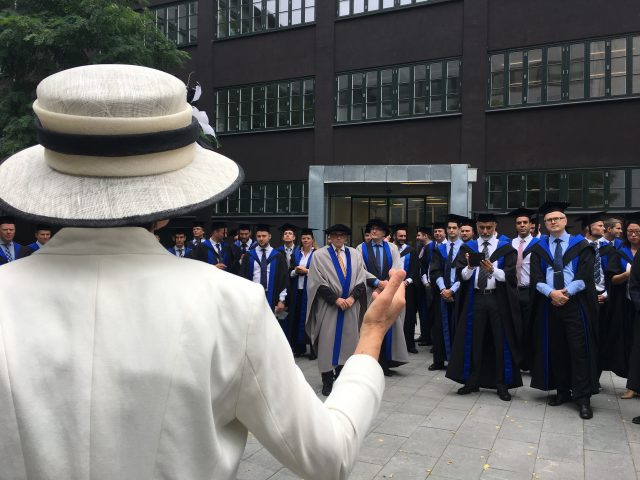

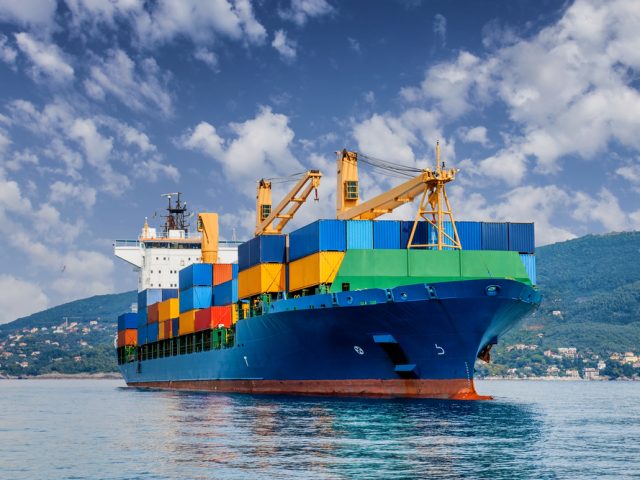
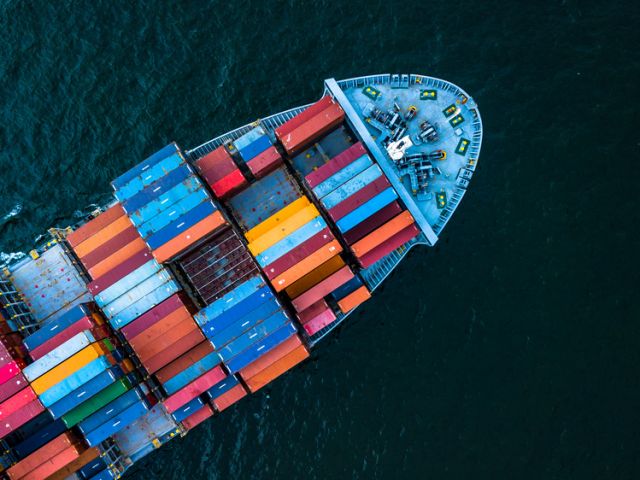
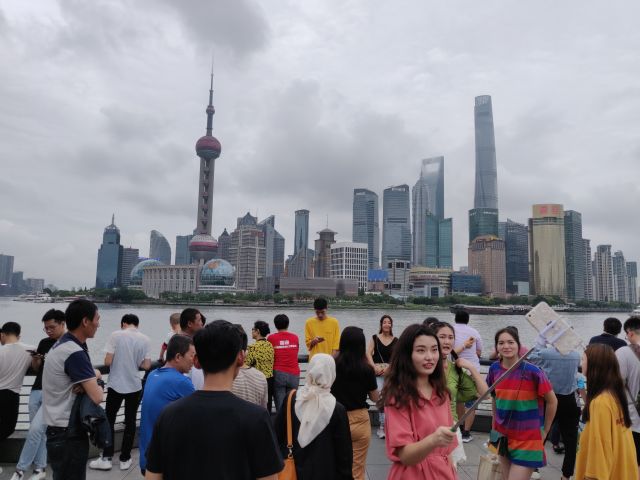






























































































































Comments